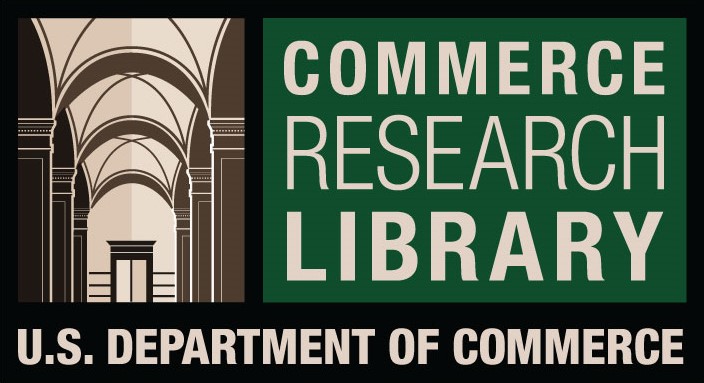For publication in Scopus, Web of Science, and more – Expert consultation for indexed journal submissions.
Reviewer Guidelines
The International Journal of Psychosocial Rehabilitation (IJPR) values the critical role that peer reviewers play in upholding the quality and integrity of published research. Below are the detailed guidelines to assist reviewers in their responsibilities and ensure a rigorous and fair review process.
1. Reviewer Responsibilities
-
Confidentiality: Maintain strict confidentiality throughout the review process. Do not share or discuss the manuscript with anyone outside the review process. Ensure that the content is not disclosed or used for personal advantage.
-
Impartiality: Provide an unbiased and objective evaluation of the manuscript. Assess the work based on its scientific merit and relevance to the field, free from personal biases or conflicts of interest.
-
Timeliness: Complete the review within the specified timeframe. If you cannot meet the deadline, promptly inform the journal so that alternative arrangements can be made.
-
Constructive Feedback: Offer detailed and constructive feedback to help authors improve their manuscripts. Ensure that comments are respectful, professional, and focused on the quality of the work.
2. Review Criteria
-
Originality: Evaluate the novelty and significance of the research. Assess whether the manuscript presents new findings or contributes significantly to existing knowledge in the field.
-
Methodology: Review the appropriateness and rigor of the research methods used. Check for sound experimental design, proper use of controls, and accurate data analysis.
-
Results and Analysis: Assess the clarity and validity of the results. Ensure that the analysis is thorough and supports the conclusions drawn by the authors.
-
Ethical Considerations: Verify compliance with ethical standards, including proper citation of sources and adherence to ethical guidelines for research involving human and animal subjects.
-
Clarity and Organization: Evaluate the clarity and organization of the manuscript. Check that the writing is clear, the arguments are logically structured, and the overall presentation is coherent.
-
Relevance: Ensure that the manuscript is relevant to the journal’s scope and audience. The work should align with the journal’s focus on psychosocial rehabilitation and related fields.
3. Review Process
-
Initial Assessment: Assess whether the manuscript meets the journal’s scope and submission guidelines. Determine if the manuscript is suitable for further review or if it should be rejected at this stage.
-
Detailed Review: Conduct a thorough evaluation of the manuscript based on the review criteria. Provide detailed comments on each aspect of the manuscript, including strengths and areas for improvement.
-
Recommendation: Based on the review, provide a recommendation to the Editor-in-Chief regarding the manuscript’s acceptance, revision, or rejection. Your recommendation should be supported by clear and specific reasons.
4. Ethical Considerations
-
Plagiarism and Originality: Check for signs of plagiarism and verify the originality of the manuscript. Report any suspected plagiarism or duplicate publication to the journal.
-
Conflicts of Interest: Disclose any potential conflicts of interest that may affect your impartiality. Recuse yourself from reviewing if you have a conflict.
-
Ethical Approval: Ensure that the manuscript includes appropriate information on ethical approval for research involving human or animal subjects.
-
Sensitive Data: Verify that the manuscript handles sensitive data responsibly and protects the privacy of research participants.
5. Reviewing Process Workflow
- Invitation: Receive an invitation to review and assess your availability and potential conflicts of interest.
- Acceptance: Confirm your willingness to review and adhere to the journal’s guidelines.
- Initial Screening: Conduct an initial screening to determine the manuscript’s fit with the journal’s scope.
- Detailed Review: Perform a detailed review based on the criteria provided, and prepare a review report with constructive feedback.
- Recommendation: Submit your review report and recommendation to the Editor-in-Chief.
- Revisions (if applicable): Review revised manuscripts and provide further feedback as needed.
- Final Decision: Participate in the final decision process if necessary, based on additional rounds of review.
6. Support and Resources for Reviewers
-
Guidelines and Templates: Utilize the review guidelines and templates provided by the journal to assist in your review process.
-
Training Materials: Access training materials and resources to stay informed about best practices in peer review and ethical standards.
-
Support Team: Contact the journal’s support team for assistance with any questions or concerns related to the review process.
-
Contact Information: For support or additional resources, reach out to: [email protected]









